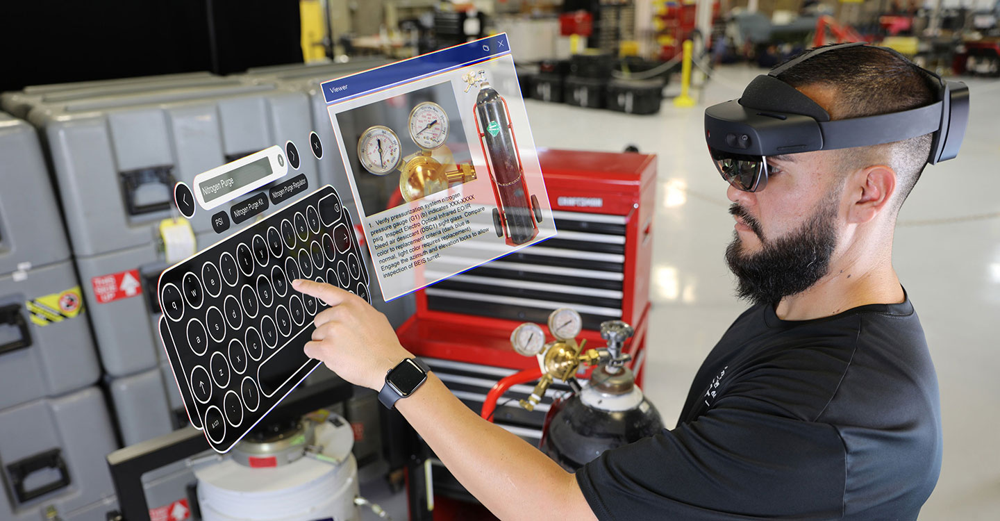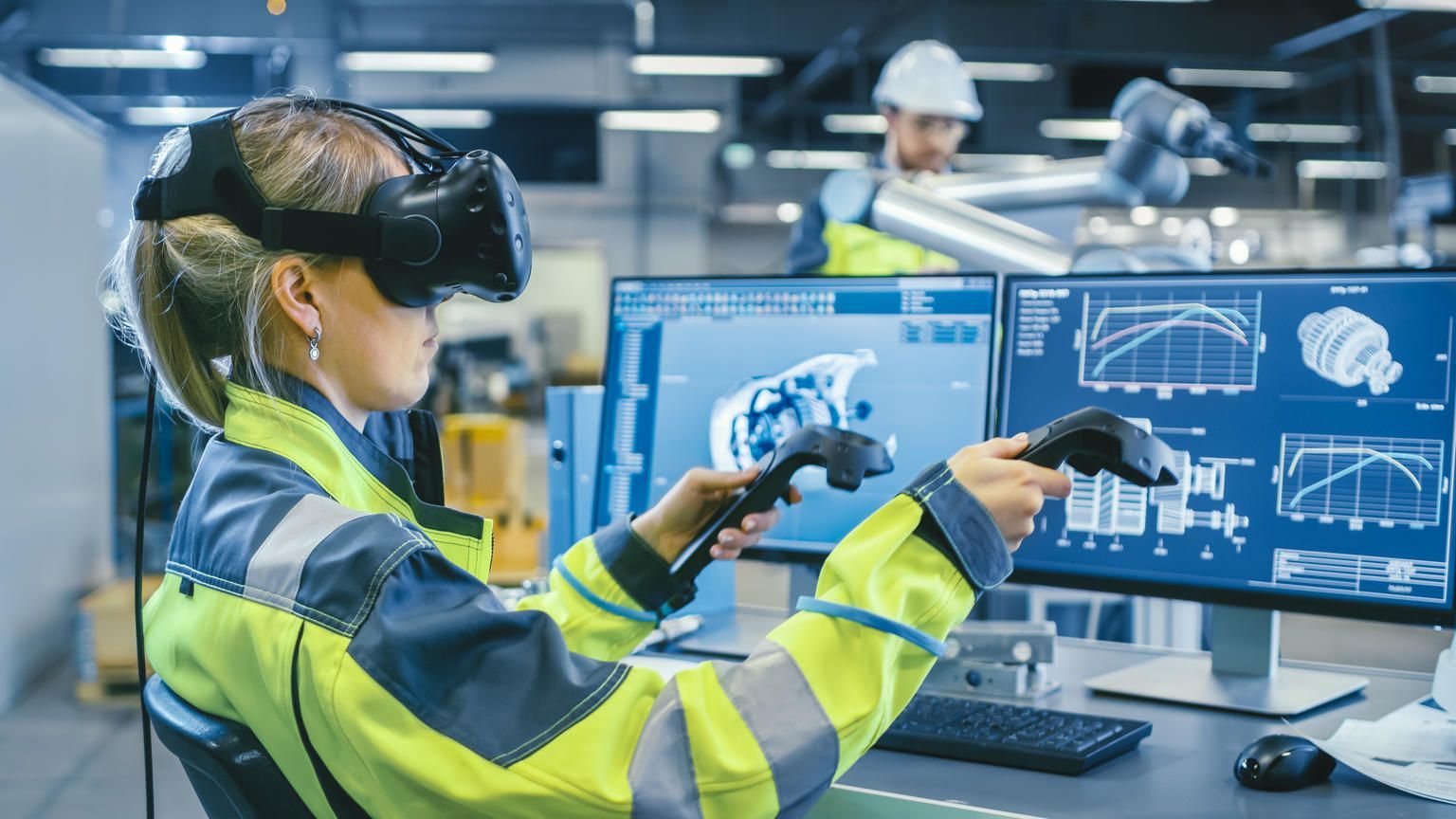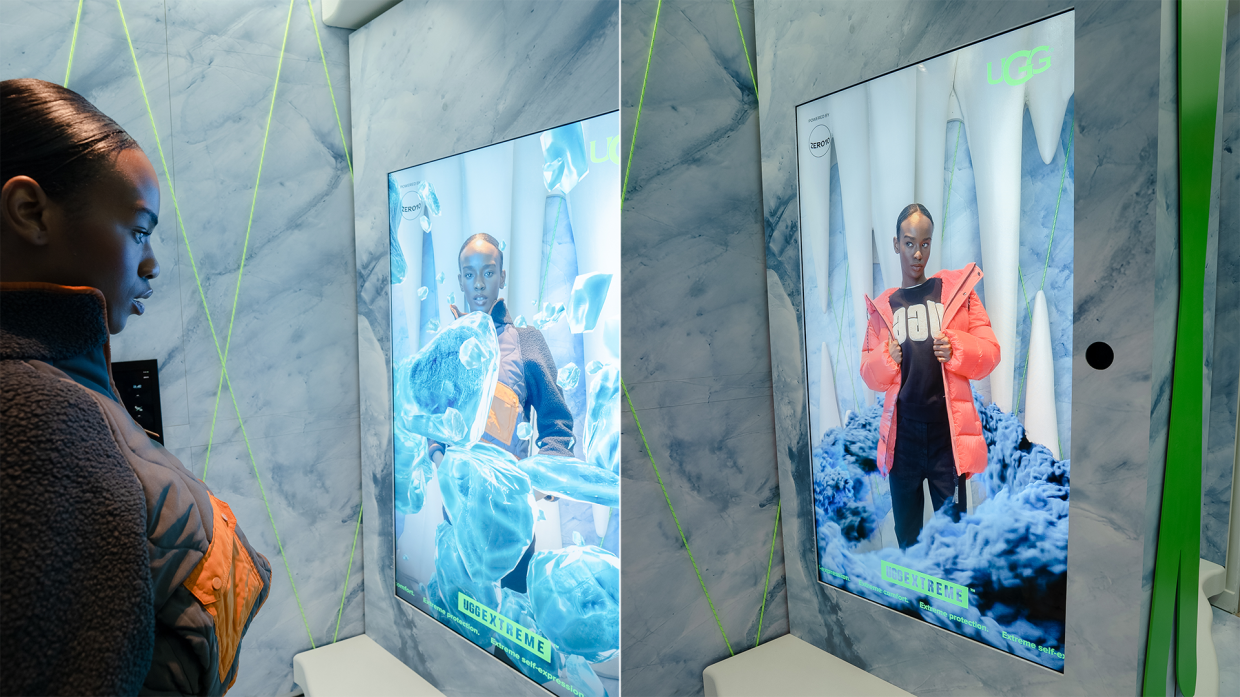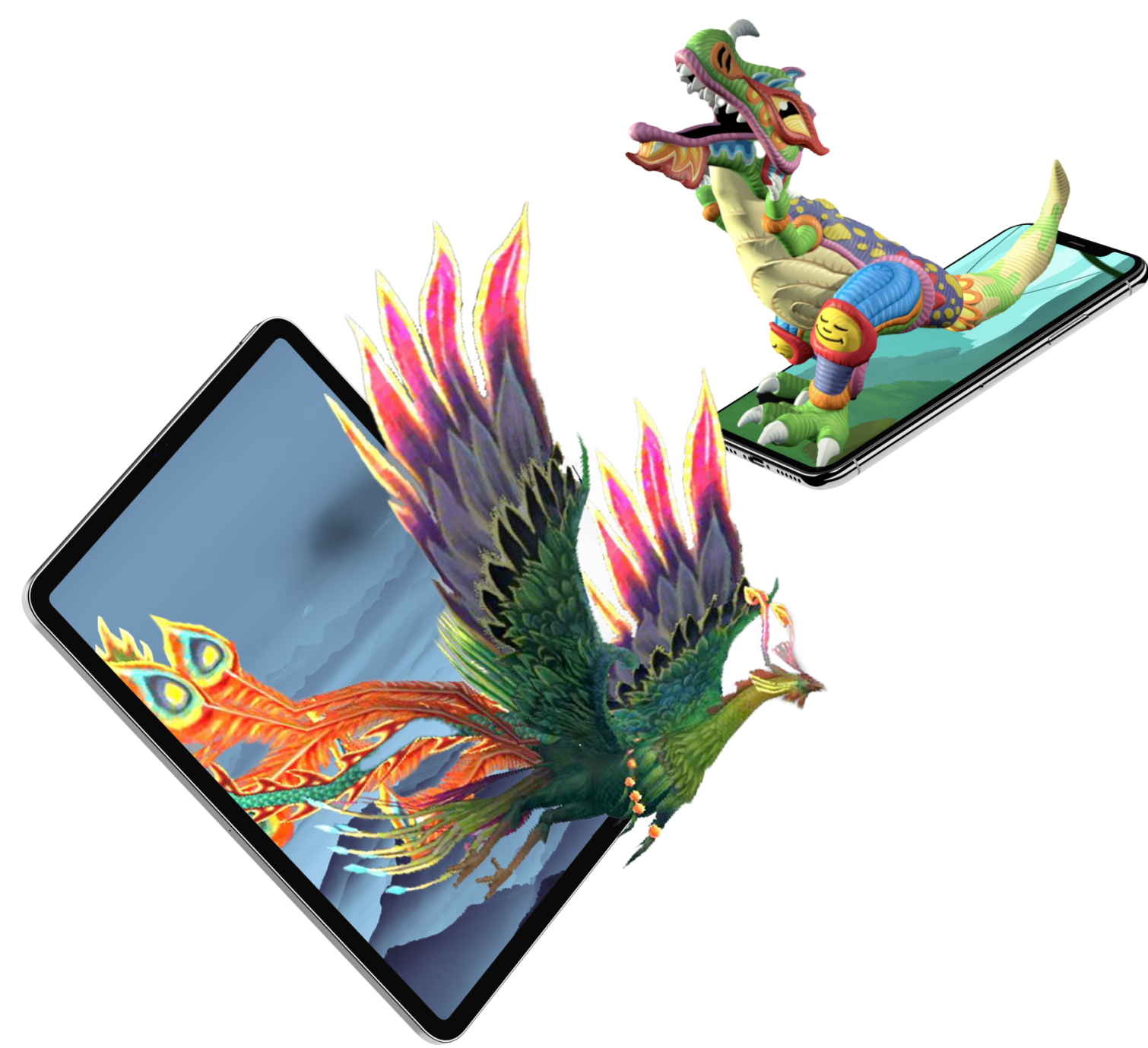The Ethical Implications of AI in Design
The Dawn of AI in Creative Realm
Imagine a world where machines not only compute data but also create art, design buildings, and more—sounds like science fiction? Well, not anymore! Artificial Intelligence (AI) isn't just about crunching numbers or data anymore; it's entering the creative realm, raising significant ethical questions. But what does this mean for the world of design? Let's delve in!
Understanding AI in Design
What is AI Design Technology?
AI in design refers to the use of machine learning algorithms and software capable of performing design tasks that would typically require human intelligence. These tasks range from graphic design, UX design, to more complex architectural projects and creative arts.
How AI Influences the Design Process
AI holds the potential to revolutionize the design process. It can analyze vast amounts of data, recognize patterns, and suggest design elements, making the process more informed, innovative, and efficient. But the question remains: at what cost?
H2: The Bright Side: Benefits of AI in Design
H3: Enhanced Creativity
Counterintuitive as it may seem, AI helps spur human creativity rather than hinder it. It can provide designers with a new perspective, pushing the boundaries and allowing them to explore uncharted territories of their creativity.
H3: Personalization at Scale
AI's data analysis prowess enables a level of personalization we've never seen before. It allows designs to be tailored to individual preferences on a mass scale, enhancing user engagement and satisfaction.
H3: Increased Efficiency
AI significantly streamlines the design process. It automates mundane tasks, allowing designers to focus more on the creative aspects and strategic thinking, thereby speeding up project completion times without sacrificing quality.
The Ethical Conundrum
The Debate over Creativity
Is a design created by AI truly "creative"? Can machines possess an artistic flair, or is it merely an imitation of human intelligence? This debate is central to discussions about the authenticity and soul of design work.
Data Privacy Concerns
AI systems require massive amounts of data, raising concerns about user privacy. How do we ensure this data isn't misused? Where is the line between personalization and privacy invasion?
Bias and Fairness
AI systems learn from data generated by humans, and thus, can inherit our biases. In design, this can lead to unfair or stereotypical portrayals, impacting societal perceptions and experiences.
Job Displacement Fears
The automation of design tasks sparks fear about human job displacement. What roles are we comfortable delegating to AI, and how do we protect the workforce?
Navigating Ethical Considerations
Establishing AI Ethics Guidelines
It's imperative to establish robust AI ethics guidelines. These should encompass principles like transparency, security, fairness, and accountability, ensuring that AI's integration into design is both responsible and beneficial.
Emphasizing Human-AI Collaboration
Rather than viewing AI as a replacement, we should see it as a collaborator. The future of design should be a symbiotic relationship where humans and AI complement each other's strengths and weaknesses.
Conclusion: Balancing Innovation and Ethical Responsibility
AI's foray into design presents as many opportunities as it does challenges. While it offers enhanced creativity, efficiency, and personalization, it also brings to the forefront significant ethical considerations. Balancing these aspects is key to harnessing AI's potential responsibly. Embracing ethical guidelines and emphasizing the human element in the age of AI is not just preferable—it's essential.
FAQs
- Can AI replace human designers?
- AI can assist and augment the work of human designers but cannot replace the unique creative insight and emotional intelligence humans bring to design.
- Is data privacy manageable in AI-driven design?
- Yes, through stringent data privacy laws, transparent data practices, and secure technology, data privacy can be maintained.
- How can bias in AI design be prevented?
- By using diverse data sets, regularly auditing AI systems for bias, and incorporating ethics into AI development, we can mitigate bias.
- Will AI improve or hinder creative freedom?
- AI has the potential to improve creative freedom by handling repetitive tasks and providing new insights, allowing designers more space to innovate.
- Are there established ethical guidelines for AI in design?
- While there's no universal set of rules, various organizations and industries are working towards establishing comprehensive ethical guidelines for AI.
TALK TO A PRO
We're here to bring your brand to life!
Stay Connected with BrandXR
Create Augmented Reality for Free!
Create, Publish, and Measure 3D Augmented Reality Experiences Without Having to Code.














